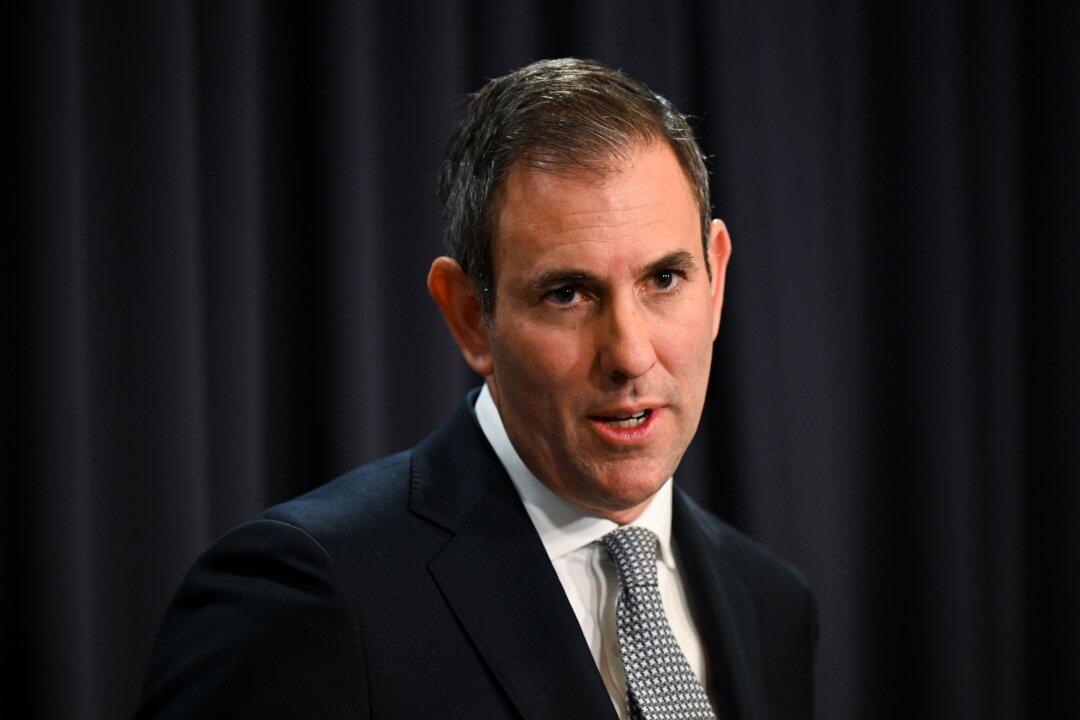Australian Treasurer Jim Chalmers warned that global economic uncertainty is expected to slow the Australian economy “considerably,” noting that the Chinese economy was displaying “some worrying signs.”
“I’m not going to pretend otherwise. There have been some developments out of China that we are monitoring incredibly closely,” Mr. Chalmers told the national broadcaster ABC’s Insiders program on Sunday morning.





